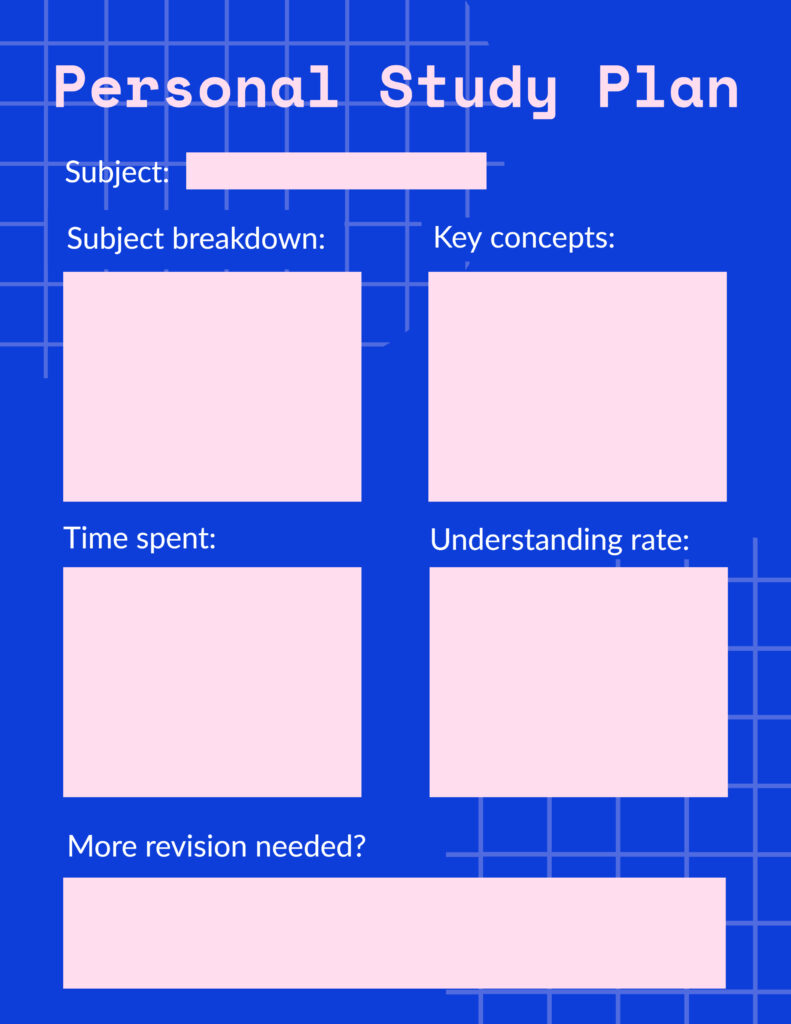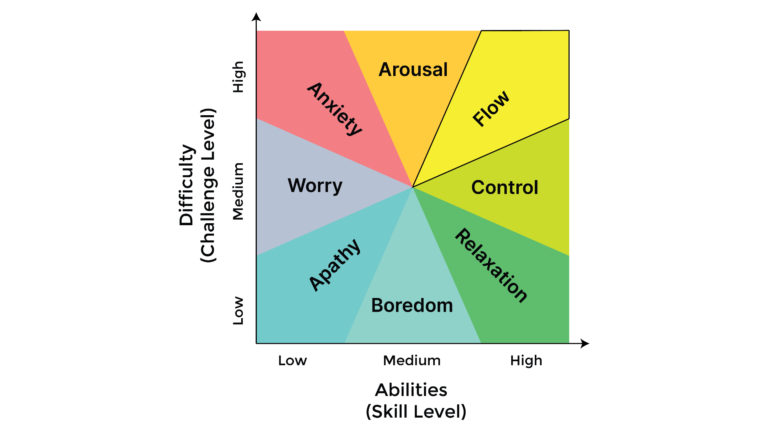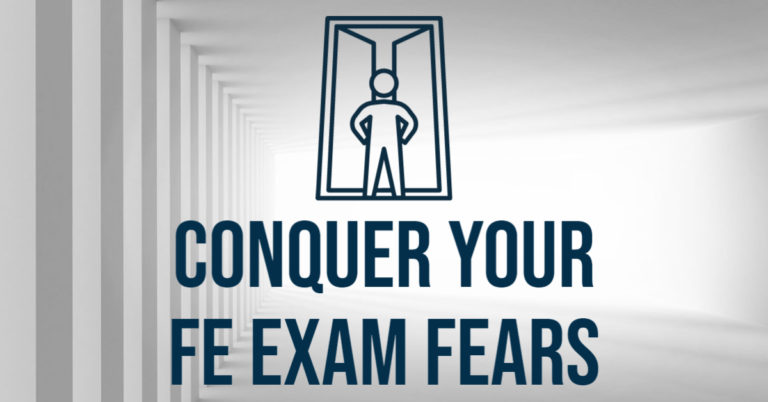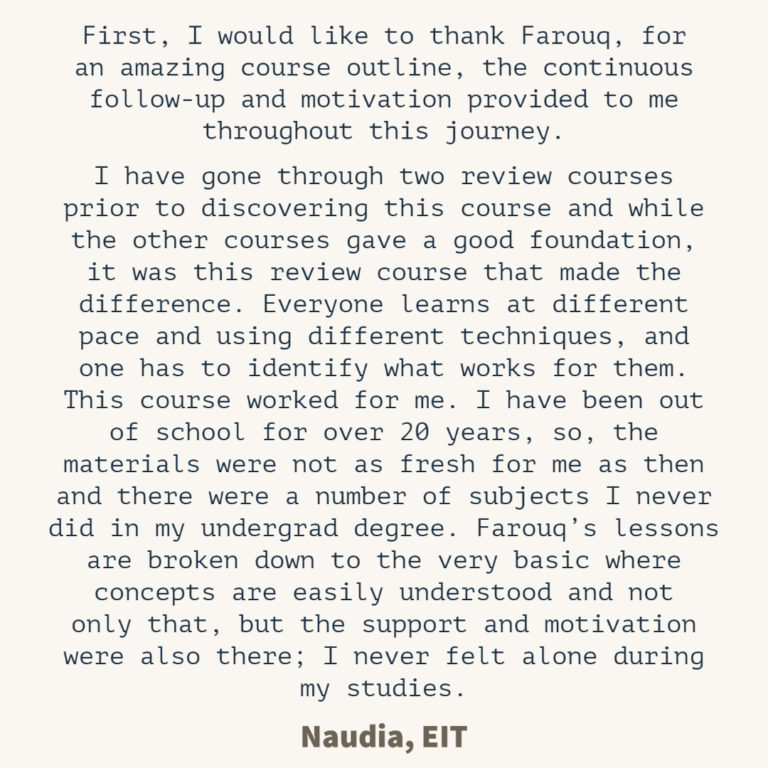How to study for your FE Exam while working full time
When working full time and supporting a family, finding the time to study for the FE exam can be really difficult. This does not mean it’s not possible. In fact, this challenge is an important part of your FE preparation that you will overcome.
Given your life circumstances, you can make the necessary adjustments that will allow you to build the right study habits day after day. It will take tons of self-discipline. It will take some sacrifices. Those sacrifices that you can afford to make for accomplishing this long-term goal. Lastly, it will take your inner reflective capacity to know when to take a break and when to step it up a notch.
Let’s discuss some ideas on how you can begin building those consistent FE exam study habits.
1) Quality over Quantity
First of all, you should aim for consistency rather than longer hours. Even if you manage to study for 5 hours one day, it will be nothing compared to focused studying for 2 hours. It’s a matter of quality rather than quantity!
It’s a matter of quality study time than quantity.
2) Set a study time every day for the week and test it out.

This will be different for each person. A few examples include:
- Studying 2 hours very early with your morning coffee before work.
- Studying 2 hours right after work at a library or something similar.
- Studying 2 hours late at night after the kids are in bed.
I’ve had students with no choice but to study from 11 pm to 1 pm at night. They knew they had to do it. They believed they were absolutely capable of making a habit. They certainly did that and eventually passed their FE exam.
If you can’t study after work, you can try going to bed an hour earlier, waking up an hour earlier, and doing your studying in the morning.
Lastly, for those exhausting days, do something—if it can be anything—that takes you further towards your goal. Even if you can only do one practice problem. Give it your best shot, then take a long break.
3) Focus on your study goals rather than study time. Set small, achievable milestones.
If you’re studying for the Civil FE exam, start using the PDF Study Planner attached below!
Good examples include:
- “Study for a minimum of 2 hours by solving 10 practice problems covering analytic geometry.”
- “Finish doing all the practice problems for the analytic geometry section.”
- “Review flagged practice problems for the analytic geometry section.”
- “Attempt and review the topic quiz for analytic geometry.”
Notice how these study goals are specific and achievable within reason. Don’t worry if you don’t check off each goal for the day, you will come back to it the next day after taking a break. After achieving this goal, you’ll feel that insanely rewarding dose of dopamine. This creates a positive feedback loop that will further increase your motivation to continue studying.
Don’t set goals like this:
- “Study for 2 hours tomorrow.”
- “Study analytic geometry.”
Notice how these goals are not well defined. We have no way of knowing whether we have achieved this goal. How are you supposed to know when you’ve accomplished your study goal? How are you supposed to know if the 2 hours you studied were actually productive?
4) Plan for the next day in the evening and try to visualize tomorrow in bed.
After finishing your study session for the day, plan your study session for the next day. This involves tidying up your study spot for tomorrow. You should have a study spot that automatically triggers the brain response, “Hey, time to study!” Your plan for the next day should also include the time you plan to study, the topic you plan to cover, and how you will cover this topic.
5) Get rid of distractions
This goes back to the previous tip.
Attempt to eliminate any unnecessary clutter from your space and allow yourself to be fully immersed in the FE subject matter you’re studying.
I suggest you silence your phone and put it out of sight at least for a set amount of time.
6) Cover your bases.
Always take care of the necessary things to be sure you’re not getting sidetracked while studying.
Depending on your life schedule, eat, go to the gym, and walk your pet all before sitting down to study. This will help you procrastinate less. If you feel tired halfway through, get your body moving by taking a walk or doing stretching exercises.
7) Don’t overdo it. Take lots of breaks!
The most important thing is to give yourself breaks. If you feel like you always have to be “on” all the time, it’s an easy way to burn yourself out. Give yourself time off studying for this FE exam by doing the things that relax you.
If you’re just starting your preparation, I recommend giving yourself a 10-minute break for every 1 hour studied. Then take a 20-minute break after 2 hours. These breaks are important; otherwise, you may crash and procrastinate.
I’ve had a student take off work at least once/twice a month to recharge. This depends on your PTO, but I recommend using it if you can.
8) Reward yourself. You deserve it!
Give yourself treats. Doesn’t have to be too extravagant. I love all kinds of donuts, chocolate, and ice cream. After achieving my daily goal, I treat myself to a nice bar of chocolate. After achieving my study goals for the week, I reward myself with a relaxing break doing the little things I enjoy!
This hacks our internal reward mechanics, “positive reinforcement”. While this reward-based system may not give you the intrinsic motivation to complete a task, it’s still going to motivate you to do something that you find difficult or don’t really enjoy doing.








